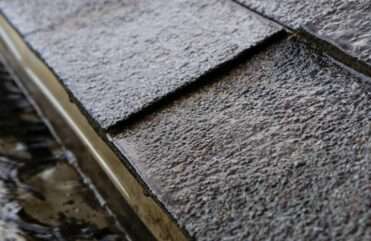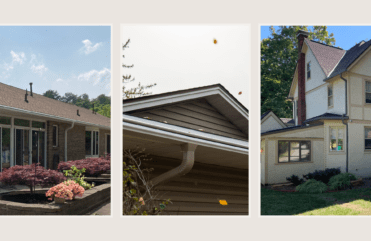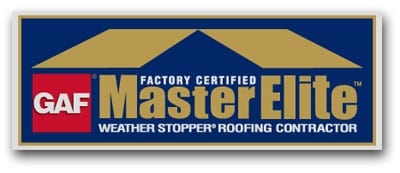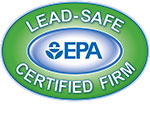Roof shingles are not an everyday purchase, but they are an investment and important one. Most of us know very little about the best type of roof shingles for our homes. However, there may come a time when you’ll need to replace your roof. Experts can guide you through this process, but it’s wise to do a little bit of research on your own first.
How Do I Know When I Need a New Roof?
A roof should be visually inspected frequently to check for signs of damage. Tornadoes, earthquakes, and fires are prominent signs of roof damage, but there are many more typical signals you should be aware of. You can determine whether you need a new roof in eight different ways.
One advantage of asphalt roofing is that the signs of an aging or deteriorating roof are readily apparent. Curled, bare spots, missing pieces, or black streaks on asphalt shingles are clear signs that your roof needs some tender loving care.
The most popular type of roofing shingle is by far asphalt. They are reasonably priced and available in a huge range of hues and fashions.
The Different Types of Asphalt Roof Shingles.
The most common kind of roofing material is still asphalt shingles. Four out of every five homes in the United States have asphalt shingle roofs, according to the Asphalt Roofing Manufacturers Association. Low labor expenses result from its sturdiness, low price, and simplicity of installation when using experienced contractors. Granules of fiberglass, asphalt, and ceramic make asphalt shingles. Shingles are somewhat insulating, lightweight, waterproof, and come in a range of colors.
Asphalt shingles function well in harsh climates where there is a lot of wind, rain, and ice. They also require little to no upkeep. Homeowners can get almost any desired look at an affordable price thanks to the variety of textural and architectural styles available. Asphalt shingles typically last 20 years, but in warm, humid climates, they may only last 10 years. At LeafGuard of Cincinnati, we offer a 50-year, non-prorated warranty on labor and materials.











